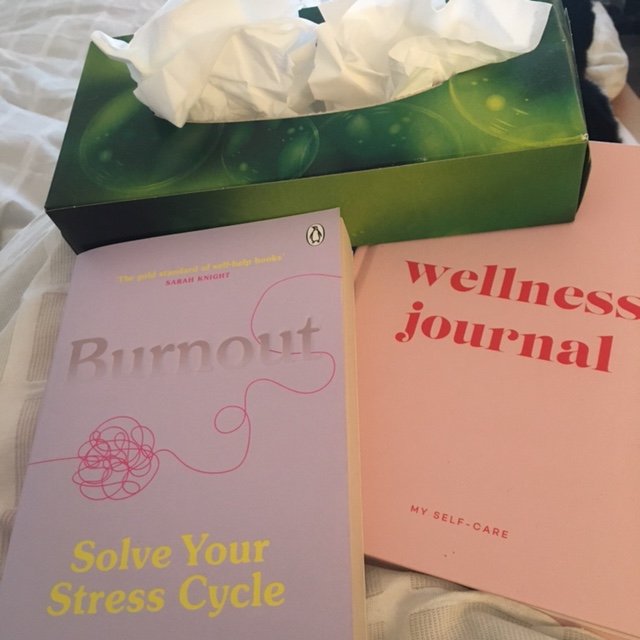A couple of years ago I read Susan Cain’s bestselling book Quiet and I can say without exaggeration, that it completely changed my life.
I finally understood why I found busy open plan offices exhausting, why high pressure ’brainstorming’ sessions just left me tongue-tied, and I felt worn out after lots of social interaction.
Introversion has been greatly misunderstood over the years and introverts are often labelled as being shy or unsociable, which is simply not the case. The main difference between extroverts and introverts is how they manage their energy. Extroverts feel energised when they are around lots of people, whilst introverts simply need more downtime on their own to recharge.
Since learning more about introvert characteristics, I’ve met more and more coaching clients who also see those traits in themselves and are looking for ways to adapt their work lives and social lives to fit them better.
Often career advice is geared towards extroverted personalities, such as constantly promoting yourself and speaking up in meetings. But if that doesn’t feel right for you, here are some suggestions for how to navigate the world of work whilst making the most of your valuable introverted traits:
1. Manage your energy. If you work in a busy, open plan office, then use your breaks to get some quiet time for yourself. I would often head outside at lunchtime to a local park or walk around the neighbourhood near my office in order to re-charge. This wasn’t about being unsociable or avoiding my colleagues, but knowing that I needed that downtime to gather my thoughts.
2. Introverts are very focused and great problem solvers. They often come up with great creative ideas when they are given a chance to go away, process the information on their own and come back with solutions. On the spot ‘brainstorming’ meetings won’t allow you to shine, so ask if you can take a brief and then feed back to the project leader afterwards and present your ideas via email or in person.
3. Don’t overcommit. If you’re being asked to attend a work event or networking event, space it out so that you have some recuperation time the next day. Don’t fill up your diary just because you feel guilty or obliged to, because you’ll end up feeling overwhelmed and burned out.
4. Consider working for yourself. Introverts are well suited to being self employed because you can work at your own pace, work independently and set your own deadlines. You can also choose who you work with, and how you work with them e.g remotely from your respective homes, or perhaps together in a co-working space but only two or three days a week. It’s entirely up to you!
Think you might be an introvert but you’re not 100% sure? Take Susan Cain’s free test and find out.
Want to talk about finding a career which is a perfect fit, whether you’re an introvert or extrovert? Then book your introductory 45min coaching session here for just £97.










